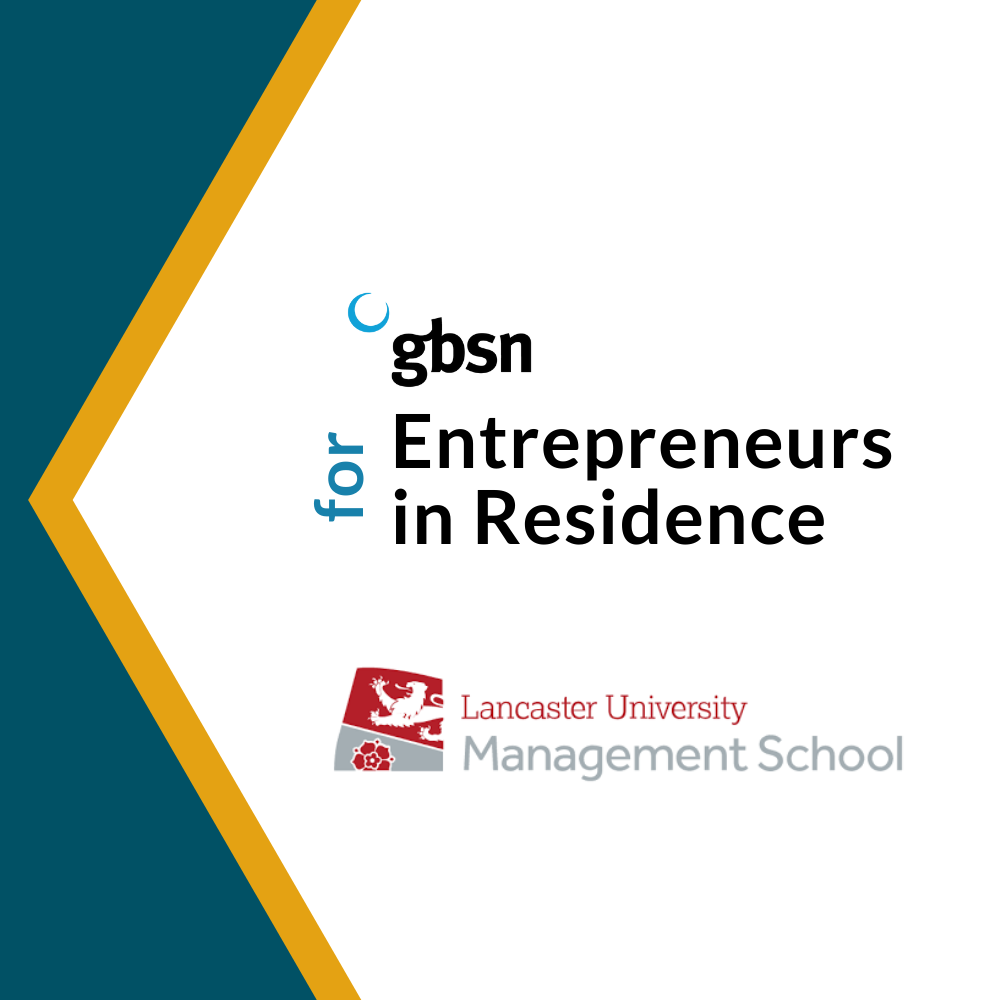|
GBSN Impact Communities are cohorts of faculty, students and/or administrators at GBSN member institutions that share common professional and co-curricular experiences, convened around a common subject, a research goal, theme, challenge or a series of larger questions. GBSN Impact Communities bring together scholars and business practitioners to address management and entrepreneurship challenges, creating knowledge, experiences, and relationships. Objectives:
GBSN works with each community to structure clear desired outcomes, goals, activities, resources and readings, etc. Each Impact Community is led by a group of GBSN member schools with expertise in the specific topic. Through the GBSN platform, these groups are able to amplify cooperation and engagement around the specific topic by expanding international peer to peer sharing, enhancing effectiveness, and improving impact.
Business schools offer the ideal venue to explore 21st century human rights challenges, both in teaching future business leaders and conducting cutting-edge research. Adding human rights to the business school curriculum provides an exciting opportunity for new forms of collaboration.
Learn more
EiR programs are a vital part of entrepreneurship education as they support teaching, encourage creation and sharing of best practices, and promote more opportunities for research. The Global Business School Network, in partnership with Lancaster University Management School (LUMS), launched an impact community of entrepreneur in residence (EiR) programs. This impact community will work to amplify these benefits of EiR programs by expanding international peer to peer sharing, enhancing the effectiveness, and improving the impact of EiR programs. Through this community, schools with existing EiR programs will work together to publish monthly articles and create exchange opportunities within the network.
Learn More
With growing pressure for companies to be more sustainable, future leaders will need to understand ways in which entire systems interrelate and have an impact on entire value chains if they are to effectively respond to resource limitations and climate change. In addition, there is growing pressure from students for sustainability to be incorporated into business courses. This has led to an overall trend to embed sustainability into the ethos of teaching in business schools. While the movement towards greater integration of sustainability into the fundamentals of business education is advancing, there is significant progress that still needs to be made.
Learn more
Coming Soon
|





